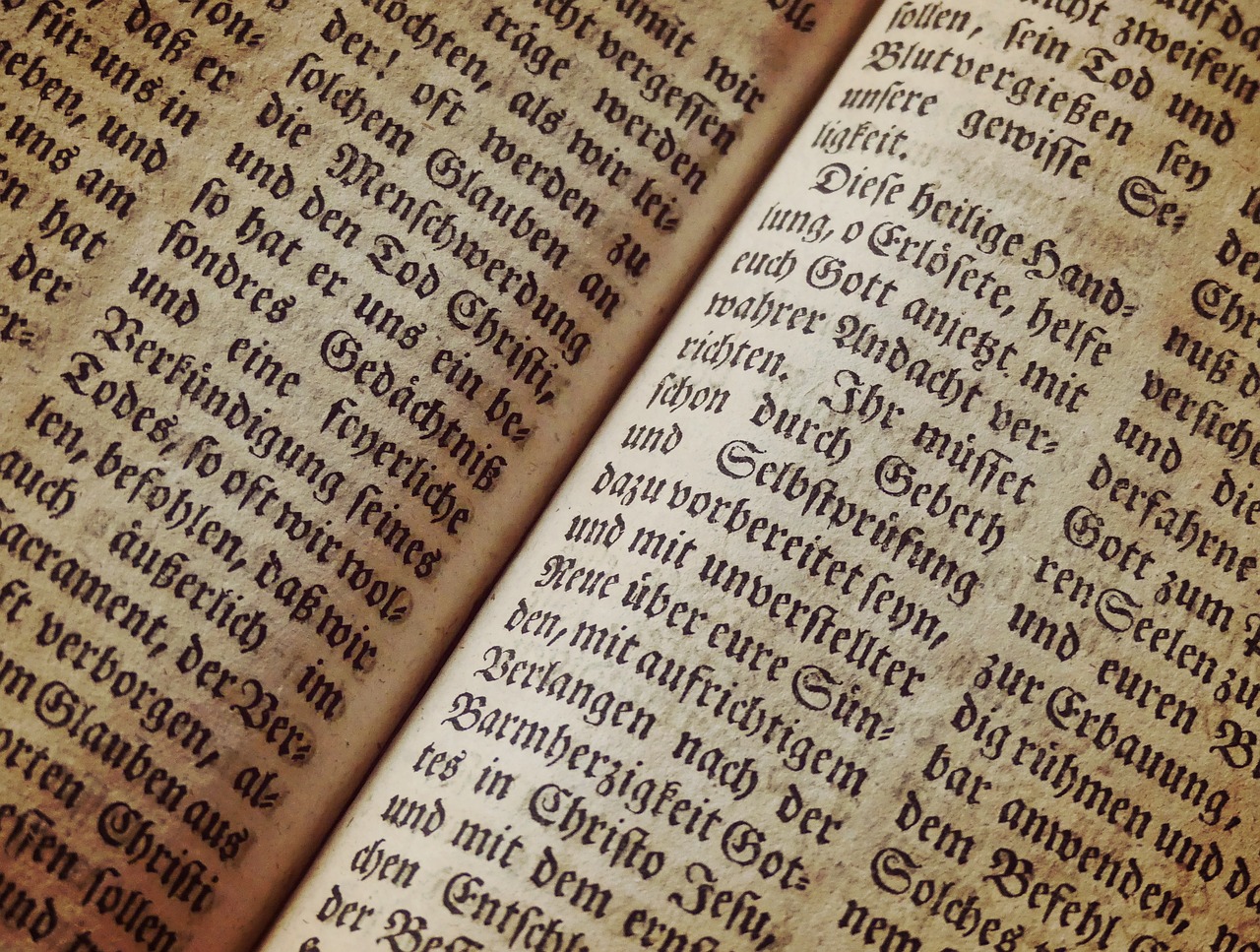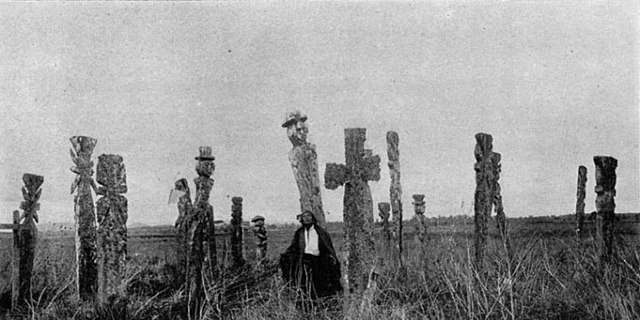
Growing up in Chile during the military dictatorship of General Augusto Pinochet, Prof. Green witnessed how people in power can silence voices of opposition. She remembers how careful she had to be, even as a child, in interacting with the head of her elementary school. “She was definitely from the era of the dictatorship since the dictatorship had just ended. And I lived back and forth between Chile and the U.S. And even though I'm not the child of exiles, even though my family was repressed, we're not official exiles,” she said.
Green said she remembers worrying that the elementary school’s head was always watching, waiting to get her in trouble. “That gives you a sense of like, how deep the sort of silencing can be (of) a memory when you have to be careful constantly, right? … And the fear that it instills in the people to not tell these stories, because of the danger to pass on these stories.”
Experiences like their professor’s resonated with the history students.
The Somoza family, led by Anastasio Somoza García, ruled Nicaragua for over 40 years. The Somozas amassed a fortune, exiled their political opponents, and seized land and businesses. By the 1960s, Nicaragua grappled with a political and economic crisis created by the dictatorship’s abuses.
The Sandinista National Liberation Front was founded in 1962 to bring an end to the Somoza rule. Over the next 10 years, the group attacked the Nicaraguan National Guard until the government began to fight back.
Women were key contributors to the rebellion because they relied on their stereotypes of innocence and fragility to elude suspicion. But when the rebel group, known in Nicaragua as FSLN, overthrew the dictatorship in 1979 and established a new government, only male members of the resistance emerged in leadership positions.

But what happens when an entire population is erased? Prof. Green asked her students to wrestle with the idea that some people’s very existence isn’t recognized in their homeland.
Green engaged her students with examples of the silencing of the indigenous Arawak people in the Caribbean and the Taíno in Puerto Rico in particular.
Spanish colonizers began exploring and conquering the Caribbean in the 16th century. In Puerto Rico, the conquerors pushed Taíno people off their land to claim it for themselves. While the Spaniards killed most of the natives, some survived by escaping to remote areas of the island. But Spanish historians insisted that the group was extinct.
As years passed, more and more people in Puerto Rico claimed Taíno heritage. They insisted that their ancestors had found ways to escape colonial attacks. The people in power refused to admit that the indigenous group had survived.
Today, Puerto Rican government officials still do not recognize the existence of the Taíno. People with Taíno heritage cannot mark their identity as “indigenous” on the census and other government forms.
The Spanish people who colonized Chile also erased the stories of native groups who were already there. In Chile, the conquerors recognized the existence of an indigenous group, the Mapuche. But they seized Mapuche land through violence, exploited their labor, and excluded the native people’s voices from the official history of Chile.
